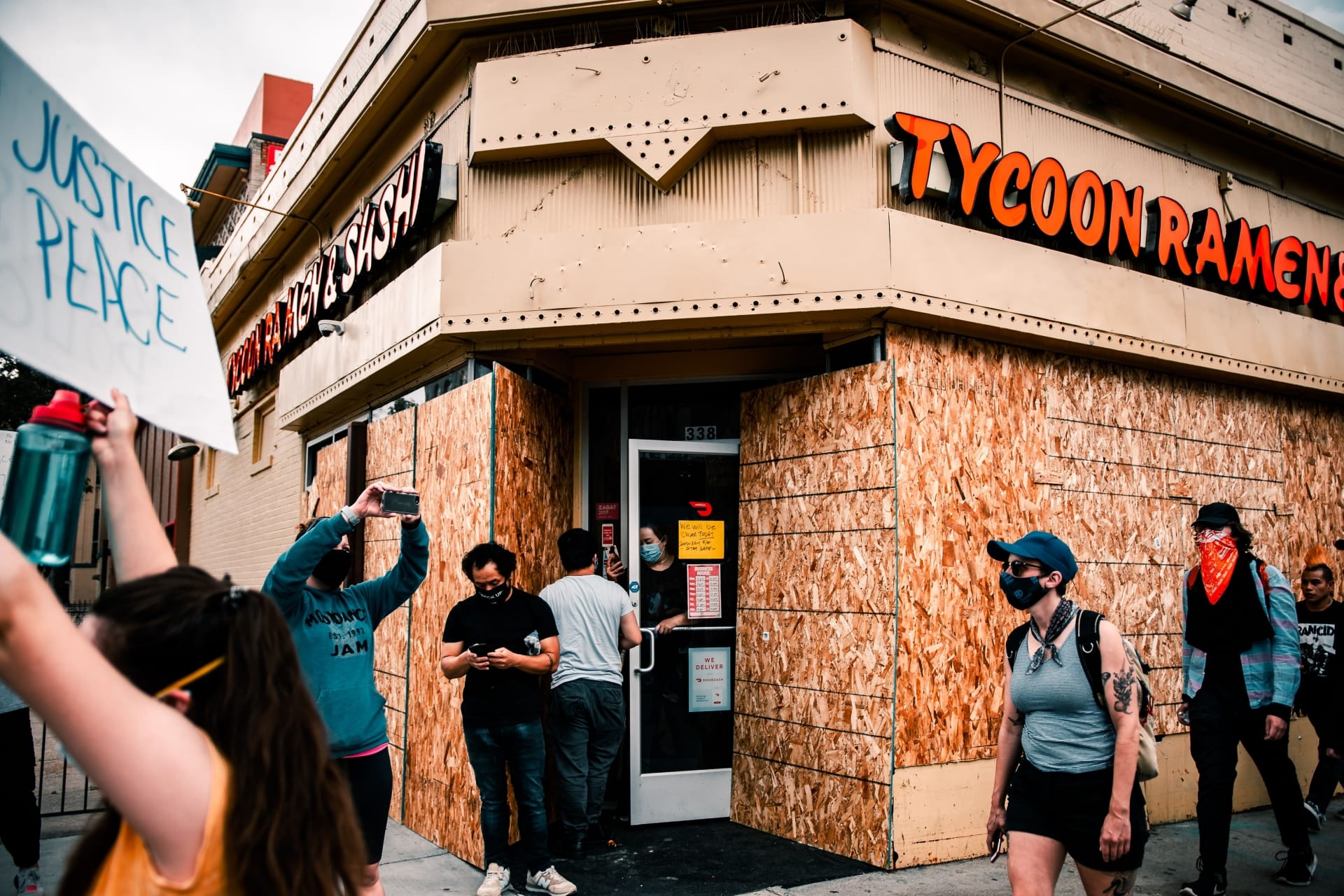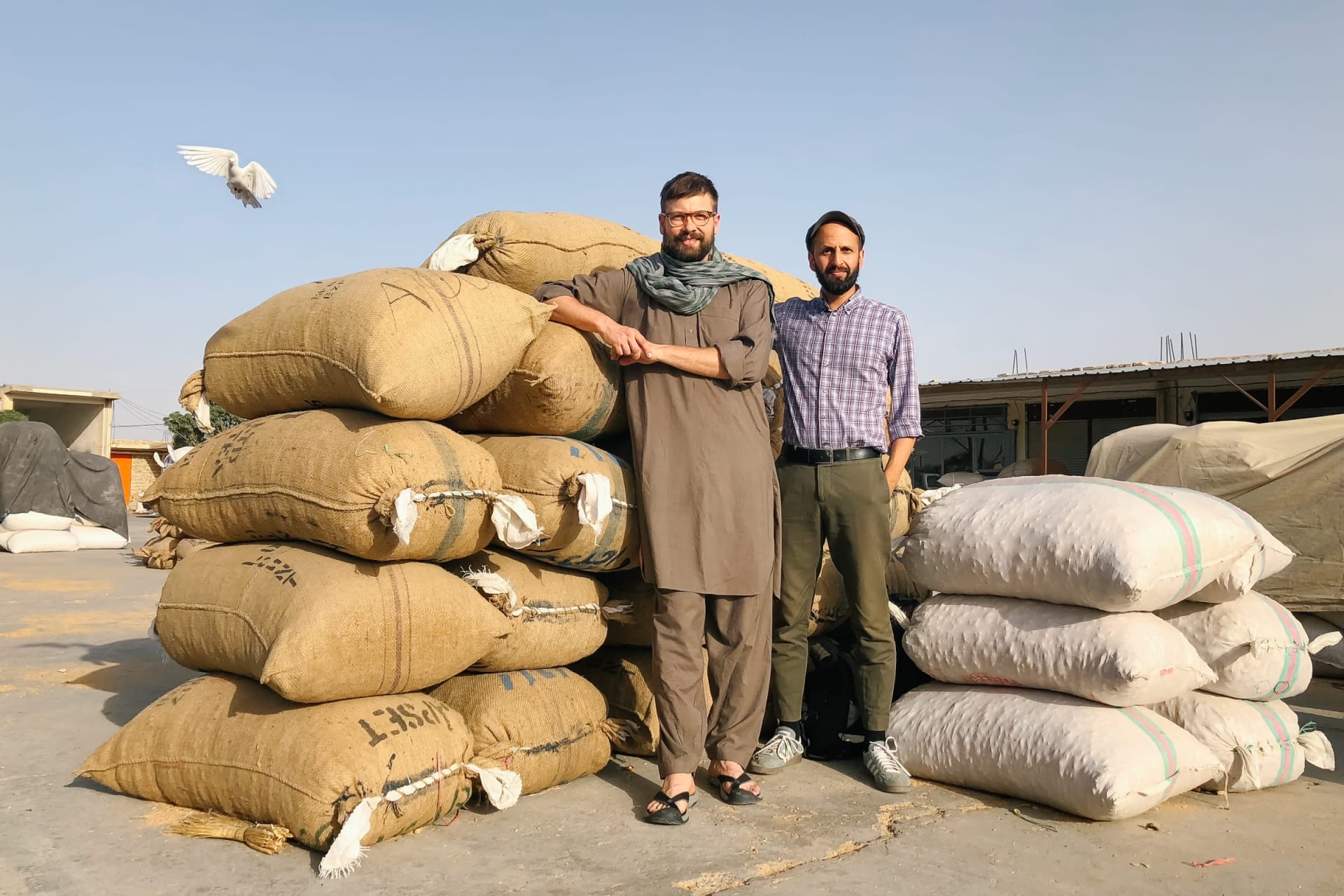Political Food
In terms of value orientation in society, the Corona pandemic has only reinforced what was already apparent: for consumers, the values and attitudes of the producers and companies whose products they buy are becoming increasingly important. Food is becoming increasingly politicized in light of the increasingly obvious and frequently discussed societal challenges around climate change, resource scarcity, hunger & poverty, and social inequality. The choice of food therefore increasingly takes place against the background of ecological, ehtical and social criteria. According to the survey, 65 percent think it is (very) important that brands from which they buy products have a clear stance on sociopolitical issues. It is even (very) important to 68 percent that brands from which they buy products have a clear stance on environmental issues. Without appropriate communication and attitude, brands risk loss of prestige and fewer sales – already today, but especially tomorrow.

Instead of simply making ethical and ecological demands of established companies – and thus waiting for the necessary change – committed entrepreneurs are founding their own start-ups in order to do business in a more sustainable and socially responsible way. Conflict Food follows a holistic and socially sustainable approach along the entire value chain: the team travels to the world’s conflict hotspots and searches for typical local specialties, such as local produce. Saffron from Afghanistan, roasted grain from Palestine, or wild tea from Myanmar. The goal: from working in partnership with women farmers in conflict regions to a cultural exchange through the enjoyment of culinary delicacies. Nu Company wants “every peep at the till to be a signal for a healthier and greener world” and sells chocolate products made from fair trade cocoa in plastic-free packaging and plants a tree for every product.

Best Practices: CONFLICT FOOD, NU COMPANY
Photo: Unsplash, Conflict Food